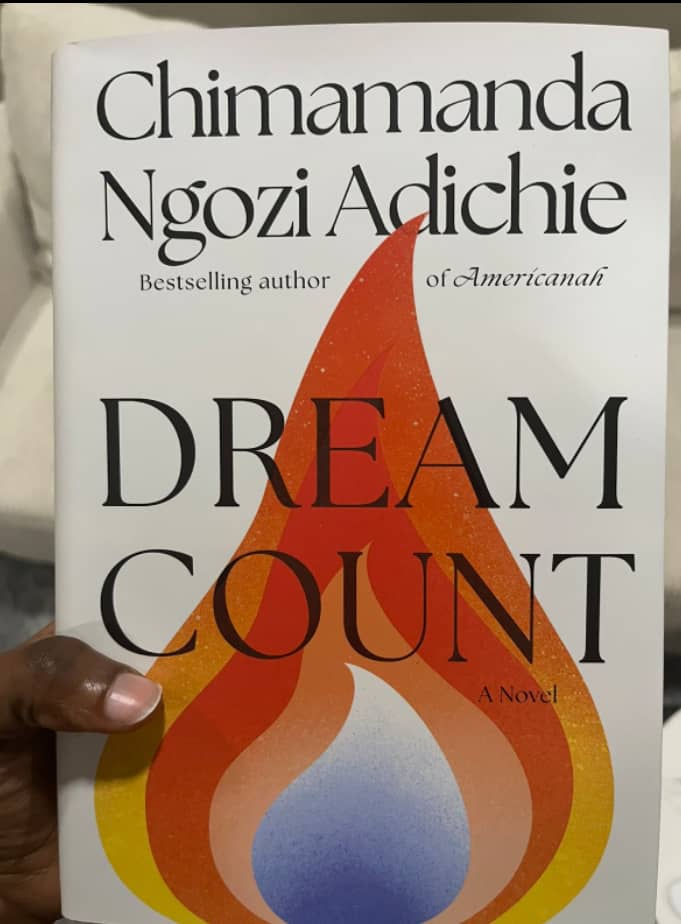
|
Getting your Trinity Audio player ready...
|
In an ordinary reader’s eyes, Chimamanda Adichie’s novel Dream Count tells the interconnected stories of four women. But it’s really about how men shape and distort women’s lives, enabled by their own contorted expectations. The novel opens with Chiamaka longing to be truly known and her tally of failed relationships. Subsequently, the readers are introduced to her girlie besties, who also recount their bitter experiences with men.
Dream Counts, deftly captured the lives of four women—Chiamaka, Zikora, Omelogor, and Kadiatou. It detailed experiences of what it means to be embodied as a woman in a patriarchal world– the way men claimed ownership over women’s bodies, and the way women tried to reclaim them. Patriarchy shows in the book through Chia’s dream count of failed relationships, Zikora’s heartbreak, unplanned pregnancy, and Kadiatou’s brutal sexual assault.
A distinct common feature of Chimamanda’s writings is women’s identity. The opening of Chia’s part says, “I have always longed to be known, truly known by other human beings,” which depicts how women want to be known beyond their gender. The sisterhood among the four women reinforces how women supporting each other is a source of power and a breakthrough towards dismantling patriarchy.
Beneath the women’s experiences, Chimamanda unveils the hidden secret of the book title. Dream Count shifts the focus of tying a woman’s dream to the average expectations of a lavish wedding, wife and mother to the journey of self-discovery and search for connection experienced by the characters.






